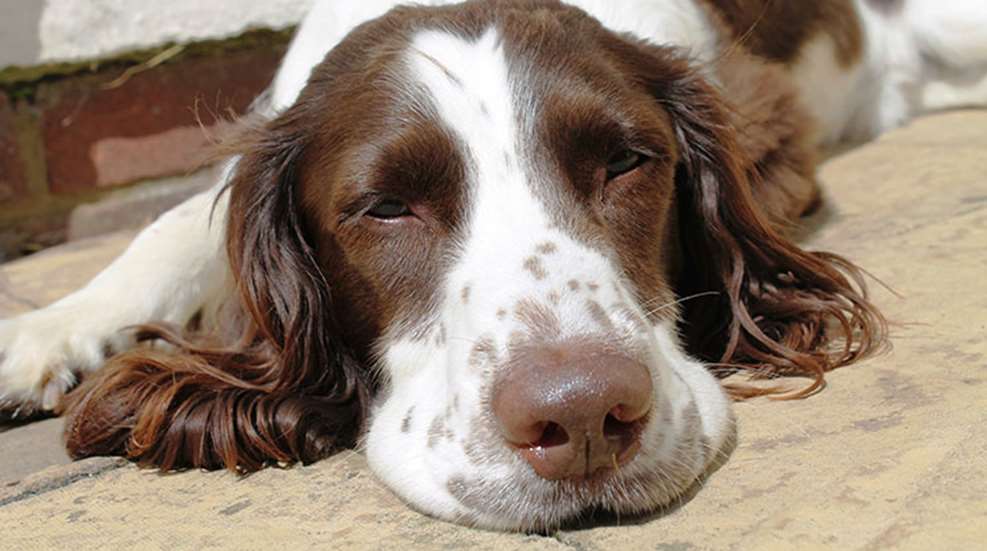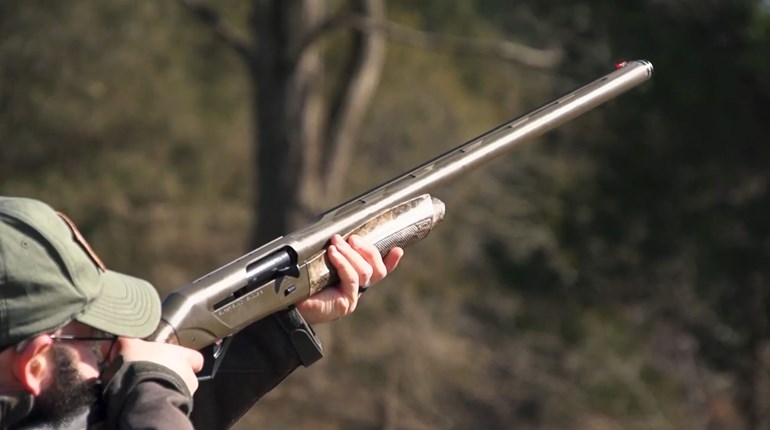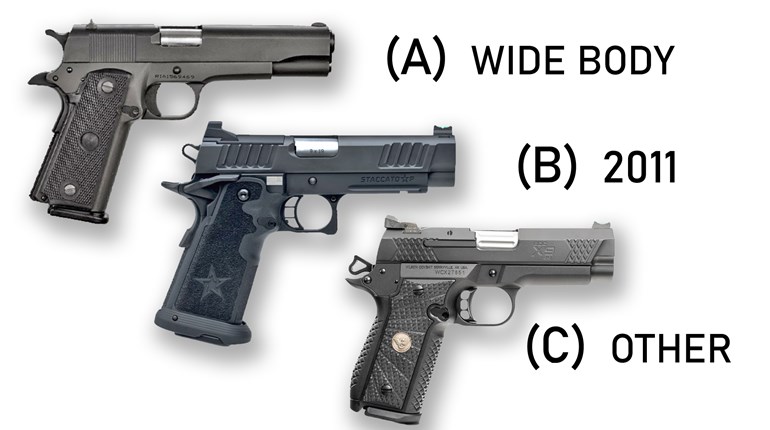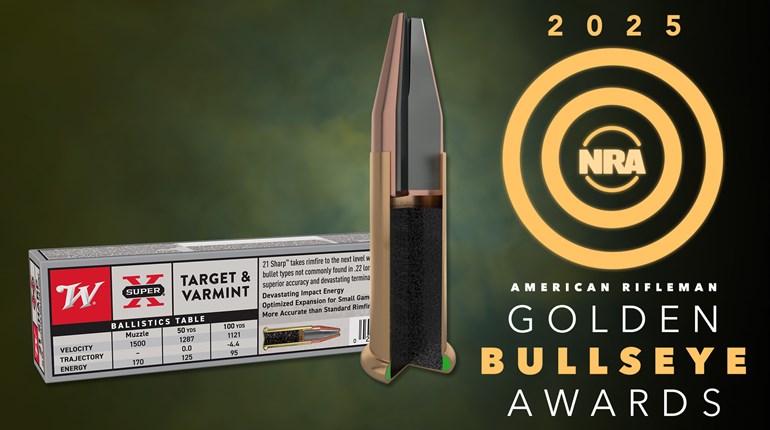
Americans pamper their dogs so much that their kids are more likely than Old Shep to sleep in the back yard.
There’s nothing wrong with letting your hairy hunting partner enjoy the warmth and comforts of the indoors, but there is something wrong with not training her to sleep equally comfortably and confidently outdoors. The best working dog is a versatile working dog, one that has been exposed to a wide variety of situations and stimuli, and trained to handle them. This includes eating, napping, waiting patiently and sleeping anywhere she and you are likely to find yourselves.
Western ranch dogs often epitomize these traits. You see them in small towns waiting patiently in the open bed of the truck while the boss buys supplies, grabs lunch or is otherwise engaged, worrying not the least that his charges will abandon ship. Can your high-dollar hunting dog do that? Can she rest comfortably in new places with new stimuli? Her doing so not only frees you from worry, but helps your bird-finding partner get adequate rest for more and better hunting the following day.
“It reduces stress and lets your dogs get the solid, deep sleep they need to digest their evening feed and rebuild muscle,” said veterinarian and professional dog trainer Arleigh Reynolds of Alaska sled-dog racing fame. “If you’re traveling and your dogs must sleep in a strange motel room or in the back of your truck in a noisy parking lot, you don’t want them waking up and barking at every odd noise and passing traveler. Working dogs need good, uninterrupted sleep for recovery.”
So train them to sleep in strange places.
Seems odd to call something this simple “training.” Acclimating might be a better word, but regardless what you call it, you help your hunting dogs by teaching them to function in many environments without stress.
Start when they are puppies and willing to sleep whenever and wherever exhaustion calls. Forget those nice, dark, quiet corners. Make her sleep where the family is busy and noisy. Go about your normal work. If she spends her early months hearing all manner of loud noises, she’ll learn to identify and ignore them. Kitchen appliances, clanging pots and pans, running and shouting children, power tools, passing trucks: The more variety the better.
Certainly give Pup her refuge crate where she’ll feel safe and sleep most nights, but don’t make it exclusive. Mix things up. Bedroom one night, living room the next, basement after that. Then the back yard with all those strange night noises like fluttering bats and prowling cats. You might want to “camp out” with Pup the first few times to bolster her confidence, but don’t indulge in excessive coddling. Be calm yourself and calm Pup if she’s startled. Speak confidently, normally. “No bark. No. Easy. It’s okay. Just a skunk. Don’t get excited.” Lead by example.
When you begin letting her sleep outside alone (ideally in a kennel box so she doesn’t get into an altercation with that skunk) be prepared to go out and shush her for excessive barking—unless you want one of those hyper-alert “watch dogs” that sounds the alarm 50 times a night, sometimes nonstop.
While all this training is underway, make frequent short trips with Pup in the car or truck. Get her used to motorcycles, bicycles and every other form of conveyance, including horses. Walk her past cows, chickens and tractors. You’ll probably visit a farm or two in your pursuit of feathers. A calm, confident dog that minds her manners can help you gain access to farm ground. A wild chicken chaser will not.
Take Pup socializing to new neighborhoods, including friends’ houses with other dogs, perhaps even (dare I say it?) cats. Sleepovers are recommended. Complete socializing means being mannerly around other animals as well as other people and environments. Territorial dog fights in hunting camps never brighten the mood.
Throughout all this acclimatizing, control and direct Pup, helping her to gain confidence. But don’t become an enabler. Don’t allow Pup to develop into a clinging, one-man dog that can’t function without you and you alone. Ultimately you want an inquisitive, obedient, reliable dog with just enough independence to function well anywhere and anytime; a dog that can adapt to new and strange environments and adapt to peculiar circumstances. You want a dog that can rest and recharge wherever a hunt or trip finds you.





































